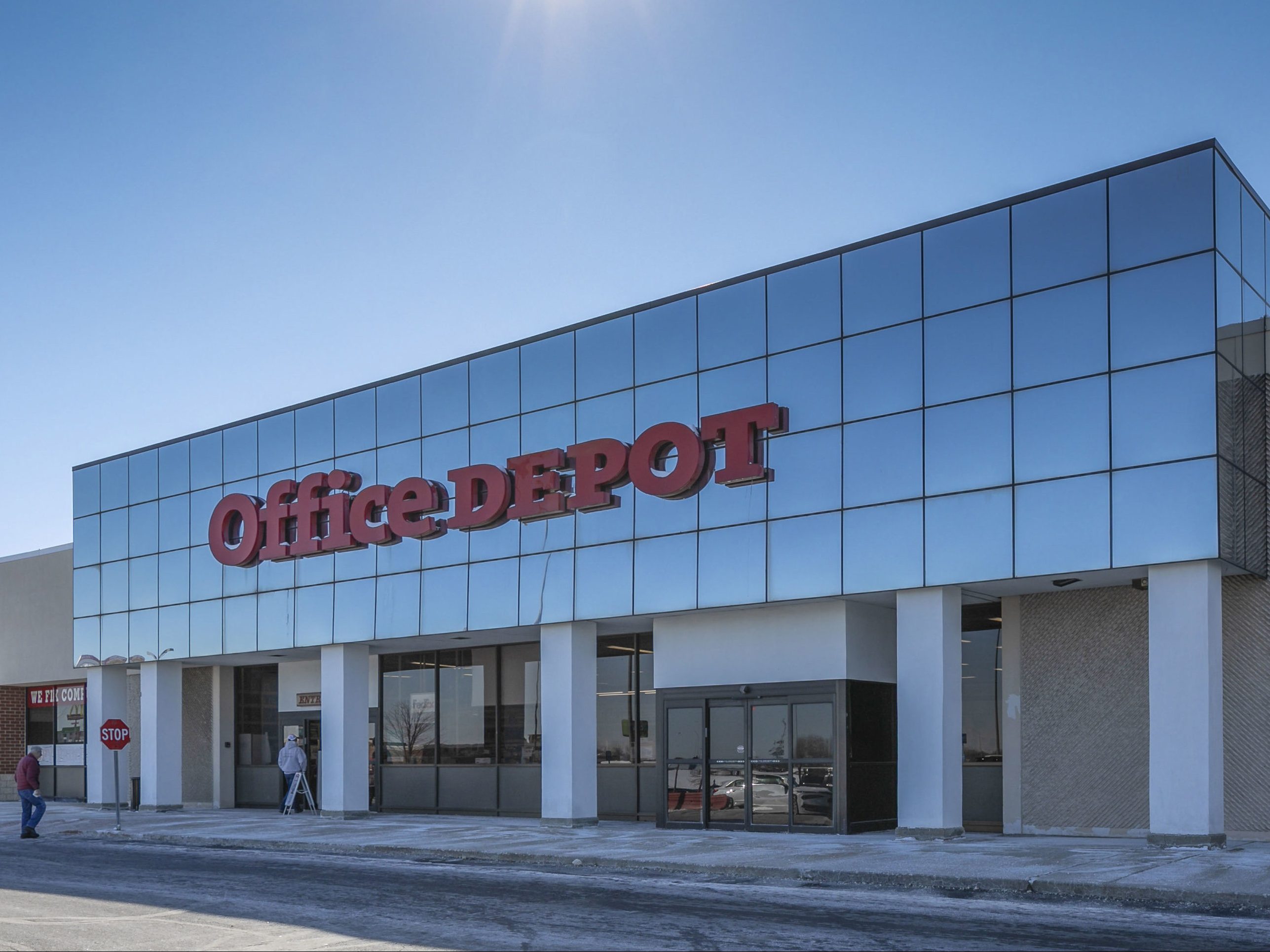The Long Freeze
It’s been a long time coming, but November is finally here, and with it -- the much anticipated presidential election. Throughout the past year’s economic roller-coaster ride, real estate executives have offered a steady mantra: “Sit tight and wait until after the election.”
It’s been a long time coming, but November is finally here, and with it the much anticipated presidential election.  Throughout the past year’s economic roller-coaster ride, real estate executives have offered a steady mantra: “Sit tight and wait until after the election.”
Throughout the past year’s economic roller-coaster ride, real estate executives have offered a steady mantra: “Sit tight and wait until after the election.”
In presidential election years, it has become a given that the federal government will make little or no headway on critical issues. Once again in 2012, partisan squabbling has ended hopes of taking steps that might have a shot at making a difference—for example, President Obama’s proposed legislation intended to repatriate U.S. jobs. For better or for worse, Washington’s efforts have mostly emerged from the Federal Reserve, whether in the form of low interest rates or the third iteration of quantitative easing.
Washington’s epic stalemate has also left real estate-related legislation on the table. That is at least partly to blame for keeping investors waiting on the sidelines, at least until after Nov. 6. “Uncertainty continues to dominate the investment environment,” wrote Kenneth Riggs Jr., chairman & president of Real Estate Research Corp., in CPE’s “Capital Markets Update” newsletter in early September. “It is going to be hard to balance the return investors require and the risk that is getting harder and harder to stomach,” Riggs added. A month later, Marcelo Bermudez, president of Figueroa Capital Group, wrote in the newsletter, “Elections are bad for commercial real estate. Too much uncertainty opens the door for delays.” Bermudez, at least, was able to find a glimmer of optimism in the opportunities created by uncertainty: attractive investment opportunities in secondary markets, portfolio hedging, assets priced below replacement cost—not to mention avoiding the impact of the healthcare funding tax.
Riggs and Bermudez do agree on at least one central point: Getting past the election will benefit the industry. Investment may follow its familiar pattern of picking up speed as investors and brokers strive to close deals by Dec. 31. A looming capital gains tax hike offers an added incentive to lock in rates now before the increase takes effect in 2013.
Of course, if the administration changes, it won’t happen until mid-January, and if it doesn’t, we’ll still have to wait for the new congressional session. So it will be awhile before Congress starts any discussions, never mind the industry’s top initiatives.
One topic on everybody’s priority list, though, is the future of the government-sponsored enterprises. That is likely to get immediate attention, according to real estate finance expert Michael Berman. As chairman of the Mortgage Bankers Association’s task force on the GSEs, he has taken part since 2008 in behind-the-scenes discussions, which have continued even during lame-duck periods. While he noted that the dearth of bipartisanship has stalled progress on the GSEs and acknowledged that other fiscal issues may come first, he also predicted, “I think it’s going to be a very high priority for the next administration.”
What comes next? I think we’ll have to stay tuned for 2013 to find out.
Suzann D. Silverman, Editorial Director
Like us on facebook: https://www.facebook.com/pages/Commercial-Property-Executive/258033884191







You must be logged in to post a comment.